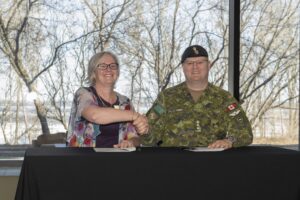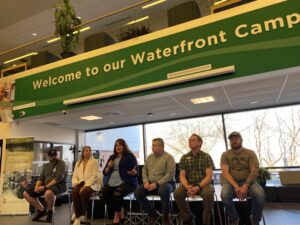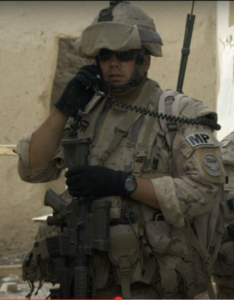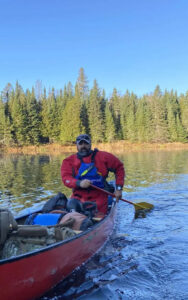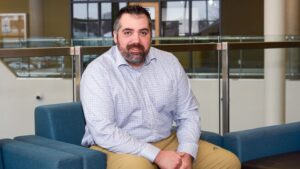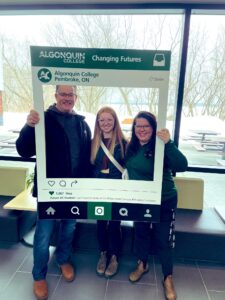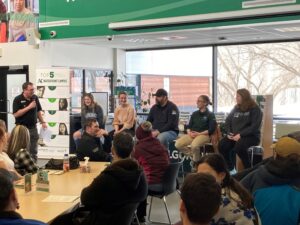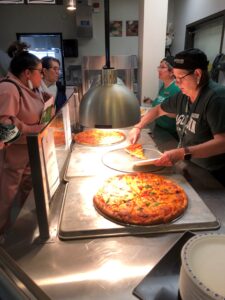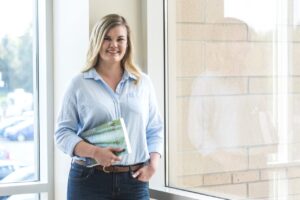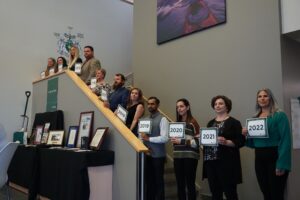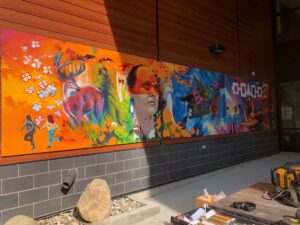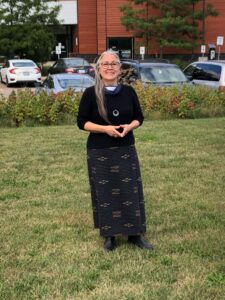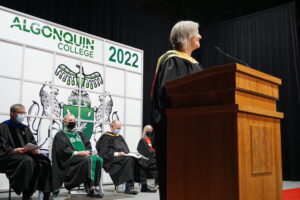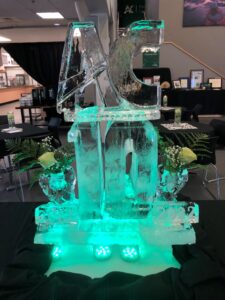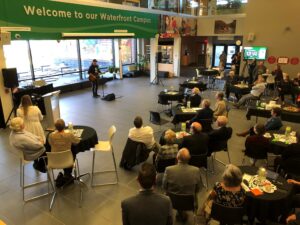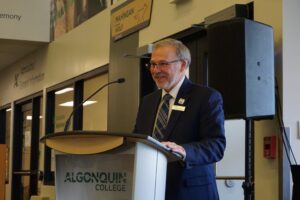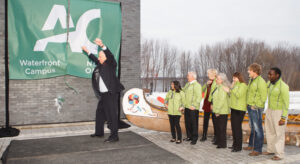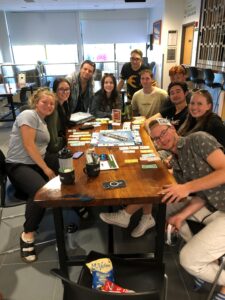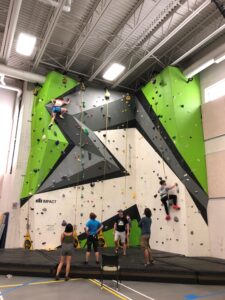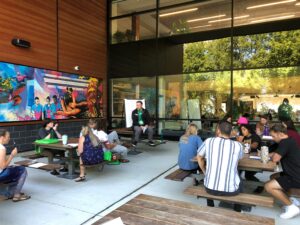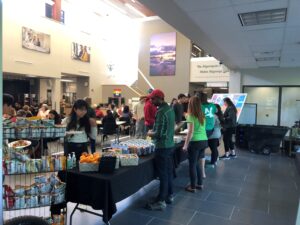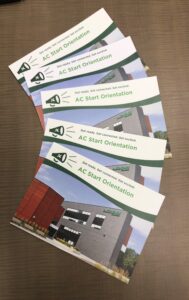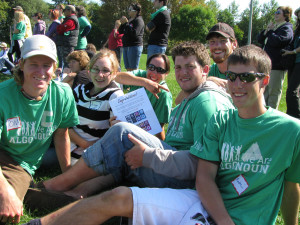Some of Canada’s best-known media personalities will headline Algonquin College’s Fall Business Leadership conference on Thursday, October 26 at the Pembroke Waterfront Campus. Among the presenters will be former Olympic skating silver medalist Elizabeth Manley, Environment Canada’s Chief Climatologist David Phillips, and CTV National News military analyst, retired General David Fraser.
They will be joined by author and resiliency expert, Dr. Robyne Hanley Dafoe, who recently released her second book, entitled ‘Stress Wisely’. Hanley-Dafoe’s first book, ‘Calm Within the Storm’ was a practical guide to helping people face life’s day-to-day challenges. A well sought after speaker across North America, Hanley-Dafoe delivers a positive message about how people can cultivate resiliency to be successful in their personal lives and their careers.
 In the 1980’s and 1990’s, Elizabeth Manley was a household name, competing in skating competitions around the world. It was a high stress career, but Manley excelled despite the intense pressure to perform. Since retiring from skating, she has become an advocate for mental health and wellness. Her talk about mental health in the workplace will build on Manley’s personal struggles by offering recommendations from the lessons she has learned in life.
In the 1980’s and 1990’s, Elizabeth Manley was a household name, competing in skating competitions around the world. It was a high stress career, but Manley excelled despite the intense pressure to perform. Since retiring from skating, she has become an advocate for mental health and wellness. Her talk about mental health in the workplace will build on Manley’s personal struggles by offering recommendations from the lessons she has learned in life.
When it comes to the weather, there is no more recognizable face or voice than David Phillips. With thousands of interviews under his belt, Canada’s best known weather personality has been telling Canadian weather stories for more than 50 years. At the conference, Phillips will zero in on how the weather affects our workplace, including the impact of climate change.
During Canada’s difficult mission to Afghanistan, General David Fraser was on the front line of one of the country’s most difficult missions. Now retired, the CTV National News military analyst and author is speaking about leadership in the digital age. Fraser offers helpful tips to leaders to anticipate what’s coming next at a time when things are happening so fast, it is hard to keep up with the changes.
In addition to the keynotes addresses, conference attendees will be able to choose from several workshops on topics such as marketing, sales, promotions, creating safe spaces at work to allow failure to be improve performance and integrating newcomers into the workplace. Networking opportunities are built into the schedule for attendees who attend the conference on campus, but a virtual option will also be available to attend the conference. All of the presenters will be on campus and will deliver their session in person.
 Algonquin College’s Manager of Community and Student Affairs, Jamie Bramburger, says the College started the conference several years ago and it has now become very popular. “We envisioned a big city conference being available to our local businesses where they could tap into timely and meaningful professional development at a reasonable cost. We’ve delivered on that promise by bringing in some of the biggest names in Canada to present on a variety of topics that affect the workplace,” says Bramburger.
Algonquin College’s Manager of Community and Student Affairs, Jamie Bramburger, says the College started the conference several years ago and it has now become very popular. “We envisioned a big city conference being available to our local businesses where they could tap into timely and meaningful professional development at a reasonable cost. We’ve delivered on that promise by bringing in some of the biggest names in Canada to present on a variety of topics that affect the workplace,” says Bramburger.
Early bird registration rates of $240 plus taxes are in place until September 30. Registration includes four keynote addresses, a choice of attending two workshops and lunch. An after conference social is also being hosted by the college.
Nominations are also open for the business innovation award that is handed out each year at the conference. The award celebrates a business in Renfrew County that has created a unique approach that has led to better customer service, improved productivity or an innovative new product line.
The conference is being sponsored by Renfrew County Community Futures Development Corporation, Lanark-Renfrew Local Immigration Partnerships, the city of Pembroke, Lanark Renfrew Labour Market Working Group and Algonquin College Community Employment Services.
More information on the conference can be found on the college website at: https://www.algonquincollege.com/pembroke/business-conference/.
